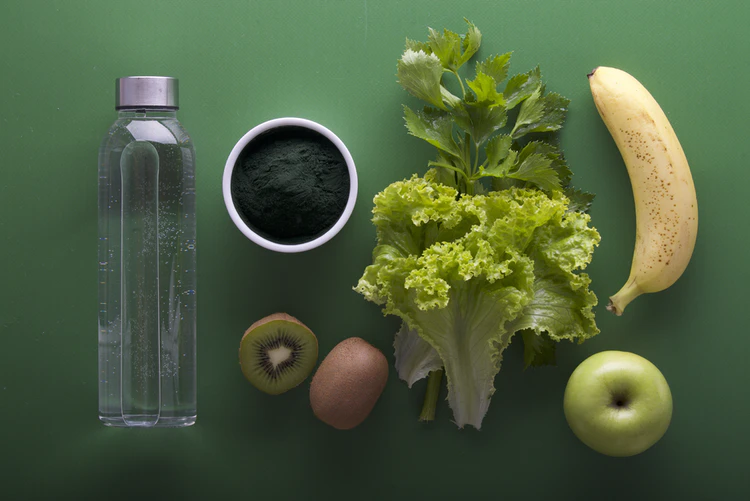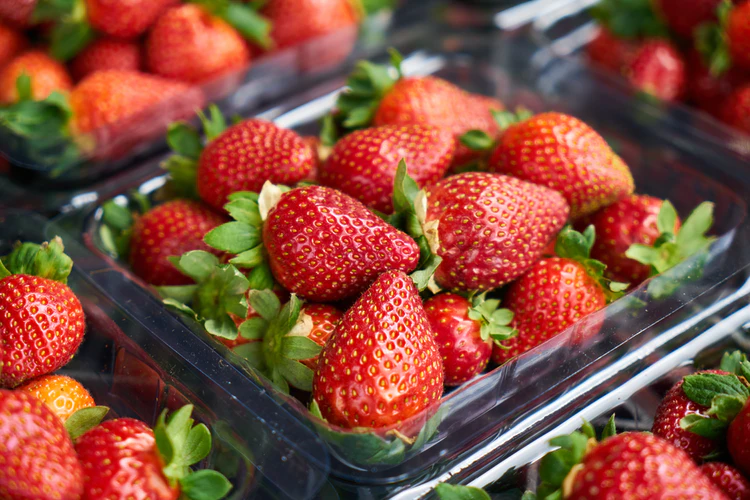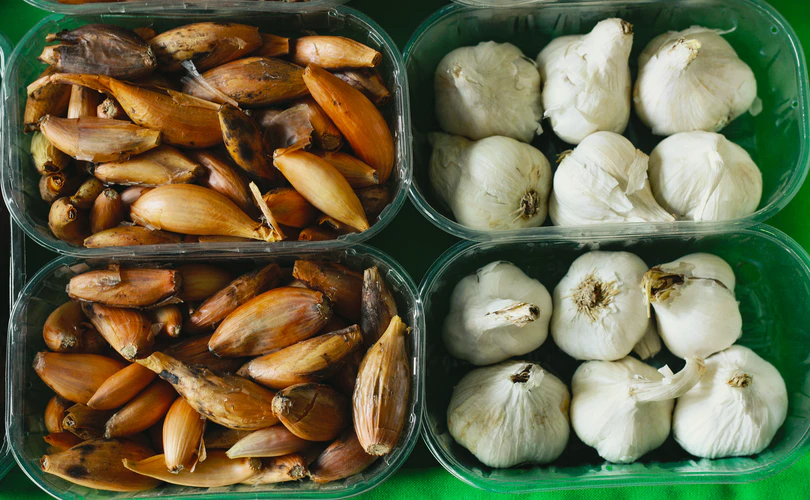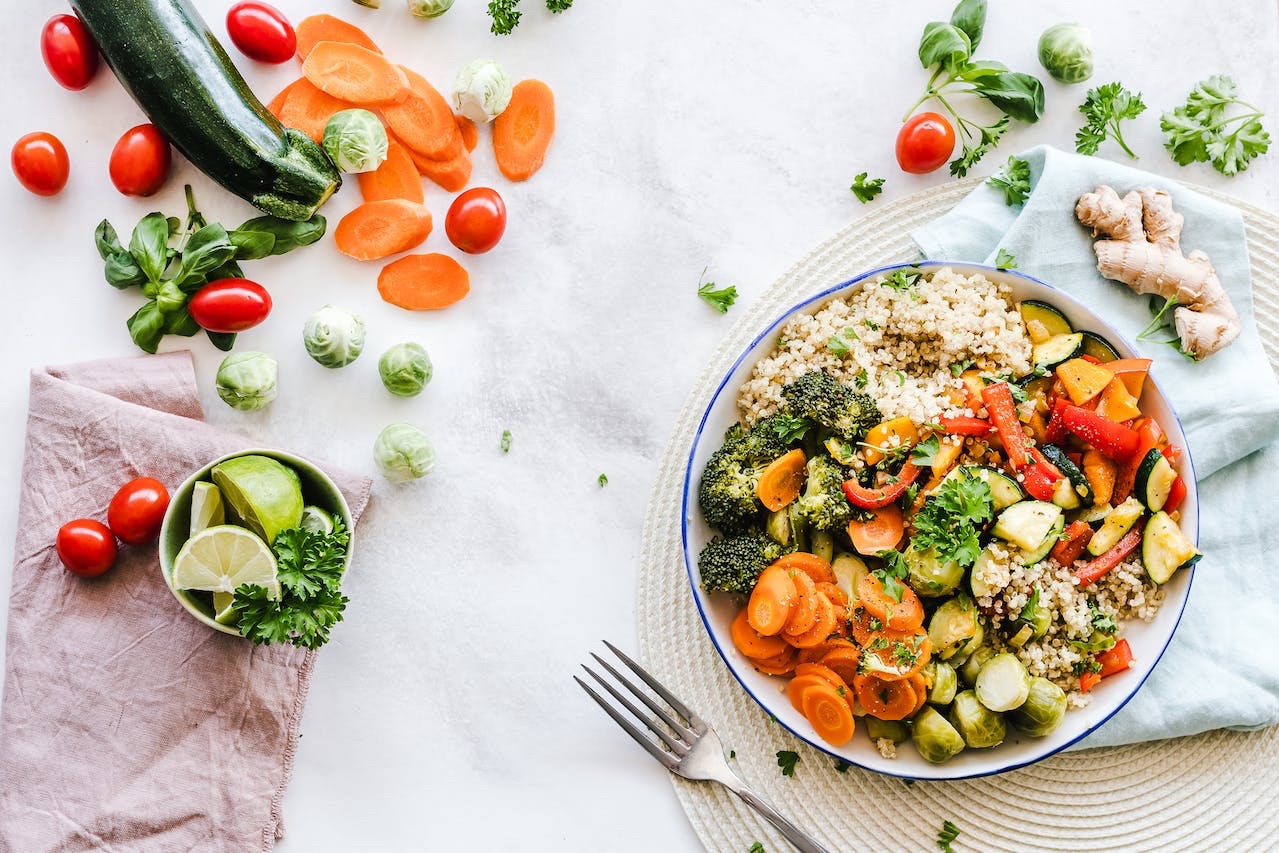Table Of Contents
Organic foods are those which are produced without the use of synthetic chemicals. They include agricultural products such as fruits, vegetables, poultry, dairy products, and meat. They are generally healthier, safer, and environment-friendly.
When farmers adopt organic farming, they aim at achieving these major goals; reduced pollution, promote natural livestock behavior, enhance the quality of soil and water, and having a self-sufficient farm ecosystem where resources are recycled within the farm.
Wellness professionals have emphasized that going organic is the best eating habit for a good lifestyle. Here’s why:
1. Organic Foods Contain Fewer Chemicals
Synthetic substances such as insecticides, herbicides, and fungicides are normally used in conventional agriculture. We often consume residues of these additives that remain either on or in these products. When they accumulate in your body, they may cause complications.
Possible risks of these additives include;
- Weakened immune system
- Risk of certain cancers such as lymphoma, leukemia, breast cancer, prostate cancer, and brain tumors
- Birth defects and
- Developmental delays, autism, and weakened immune system in children and fetuses.
Organic agricultural products are produced devoid of these substances. Therefore, they are fresh and much safer for consumption. Compared to non-organic commodities, organics have a 30% lower risk of pesticide contamination.
In very rare cases, the synthetic additive application is allowed in organic agriculture. However, only certain types of chemicals are allowable, and they must be used in controlled amounts. These additives are naturally-derived and would not be a threat to your well-being.
2. Organic Foods Are Nutritious
How your food is produced can have a great impact on its nutritional value. Compared to their conventionally-grown counterparts, organics have more beneficial nutrients such as antioxidants.
Meat and milk from organic farming systems are generally richer in nutrients such as omega-3 fatty acids, which are about 50% higher in these products compared to conventional ones.
Crops acquire vital nutrients and minerals from the soil. Sometimes, the application of pesticides, fungicides, and herbicides destroys the microorganisms. Organic commodities are richer in nutrients because their farming system does not allow the application of these substances. They absorb more nutrients from the soil compared to other crops.
 Photo by Vitalii Pavlyshynets on Unsplash
Photo by Vitalii Pavlyshynets on Unsplash
Dark Green Vegetables
Dark green leafy organic veggies are known to contain a large number of nutrients, many of which have disease-fighting qualities. These nutrients include vitamins C, A, and E, zinc, potassium, and magnesium. They also contain carotenoids, anti-inflammatory compounds that can help prevent certain types of cancer. Dark green veggies are known to help in fighting and preventing chronic illnesses such as type 2 diabetes. Adding them to your diet is good for maintaining your body’s wellness.
3. They Are GMO-Free
What Are GMOs?
The word GMO stands for Genetically Modified Organisms. These are plants or animals whose genetic makeup has been genetically modified or scientifically altered to have certain desired features. These features may include resistance to pathogens, enhanced crop size, or drought-resistance, among others.
Dangers of GMOs
Wellness experts have warned about the consumption of genetically engineered products in the past. One of the dangers they have mentioned is the accidental ingestion of plants that have been engineered to add the Bt gene to their genome.
Other dangers include allergies due to newly synthesized proteins, the development of illnesses resistant to antibiotics, digestive complications, and reproductive disorders.
Do Organic Products Contain GMOs?
The use of GMOs is prohibited in organic farming. Any form of genetic engineering is prohibited. An organic farmer is not allowed to plant GMO seeds. Organic animals can’t feed on genetically engineered feed as well. They can’t be fed with GMO alfalfa. By going organic, you will avoid all the complications that come with ingesting GMOs.
4. They Contain Antioxidants
Studies have found that organic commodities contain higher levels of antioxidants compared to their non-organic counterparts. These reduce the possibility of one contracting chronic illnesses such as neurodegenerative diseases and cardiovascular disease. They can even prevent certain types of cancer.
If one of your wellness goals is to keep illnesses away, then organic commodities are a must-add to your diet.
 Photo by engin akyurt on Unsplash
Photo by engin akyurt on Unsplash
Incredible Organic Eating Tips
There are some commodities that would have more advantages if consumed whole. For instance, garlic can be consumed by swallowing its cloves whole. High blood pressure patients are often advised to use garlic in this manner. Chia seeds can also be added to salads and smoothies. They contain nutrients such as amino acids, calcium, and iron. Carrots are sweet and can be eaten whole.
Some organic commodities make superb culinary ingredients that you can add to your meals. Examples of such products are turmeric and ginger. Ginger, for instance, adds a unique flavor to meals. Turmeric, on the other hand, has a very subtle taste and makes food yellowish. Quite a number of other organic products can be used as spices.
Other organic products can be cooked or steamed. Organic vegetables such as kale and spinach can be used in this manner. Tubers such as potatoes can be boiled after peeling. Some people prefer cooking them with their peels on.
Are They Worth the Cost?
These commodities are generally costlier than conventional products. On average, they cost about 47% more than regular edibles. This is probably their most conspicuous downside. Considering the many benefits that are likely to accrue from these commodities. Besides, the farming practices involved are generally expensive. Therefore, their cost is justifiable. You will definitely get value for your money.
Are You Ready to Go Organic?
Taking the bold step to go organic can turn out to be the best wellness decision you will ever make. You can adopt a healthier lifestyle that would help you avoid chronic illnesses, lose weight, and give your body more energy.
For their many benefits, organic edibles are definitely a better choice compared to non-organic commodities. They do not contain synthetic additives; neither are they genetically engineered. These foods are rich in nutrients that nourish the body and help it fight illnesses. Besides their health benefits, organic agriculture is environmentally-friendly and promotes the sustainable use of environmental resources. If you are interested in organic food, you might want to check out the nearest natural food market in your area.
Go healthy. Go organic!







